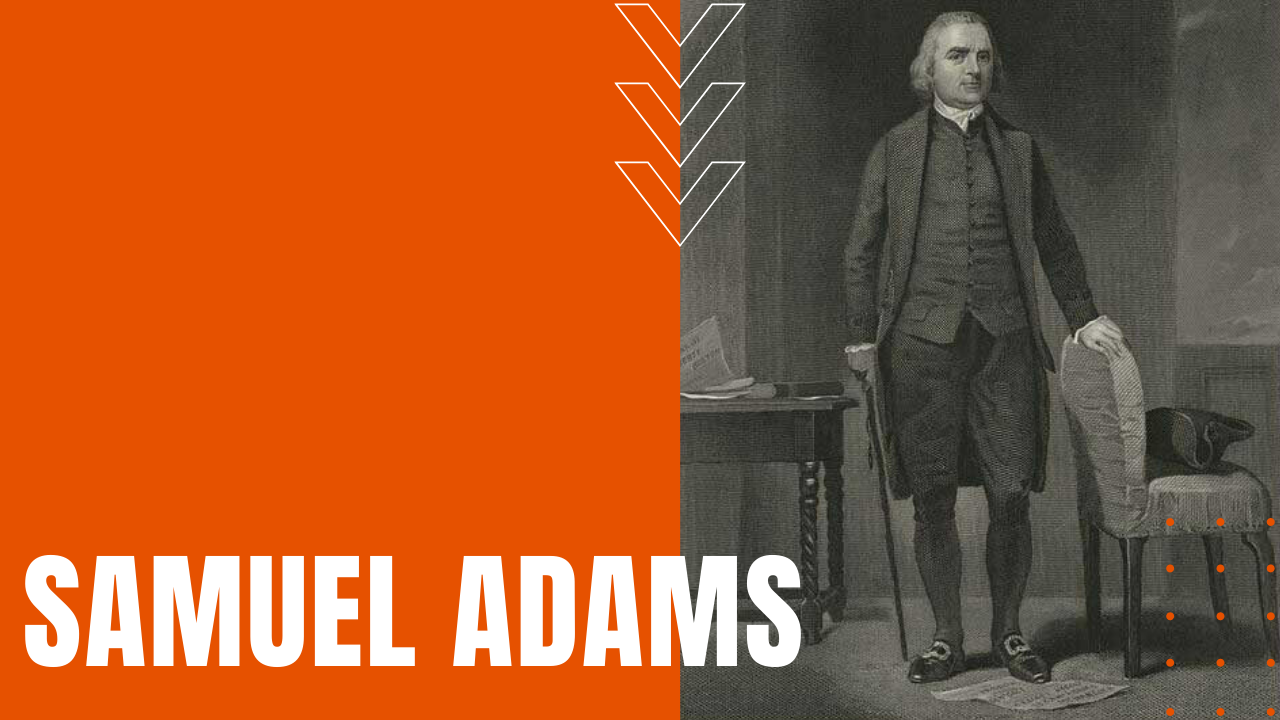Who Was Samuel Adams?

Enlightened American Activist
As a student at Harvard, Samuel Adams was introduced to the writings of Enlightenment philosopher John Locke, in particular, Locke’s argument that every man is born with certain inalienable rights that cannot be taken away, and that governments exist by the consent of the people, leading Adams to write his 1743 master’s thesis on the legality of resisting British rule.
Samuel Adams’ Brewing Business
Upon his father’s death in 1748, Adams proved to be a lackluster businessman when he bankrupted the family brewing business, followed by an equally botched job as a Boston tax collector, where his inept accounting came up thousands of pounds short.
What Adams did excel at was writing, and as tensions began to rise between colonists and their British overlords, Adams became a leading voice in the push for American independence. By the mid-1760s, after the British imposed taxes on the colonies with the intent of paying down debts accrued during the Seven Years War, Adams wrote a string of newspaper articles under the pen names of “Vindex” and “Candidus,” denouncing British taxation without representation in parliament, at the same time joining an underground group of activists known as the Loyal Nine, which would later morph into the Sons of Liberty.
Boston Tea Party and Revolutionary War
When British Parliament yet again burdened the colonies with the Tea Act of 1773, Adams encouraged his fellow Bostonians to impede tea shipment by the British East India Company, leading Adams to write after the Boston Tea Party, that the protesters “have acted upon pure and upright principle.”
By 1775, British authorities had grown weary of Adams and his activism, and when the British sent a force of soldiers to arrest Adams and fellow activist John Hancock in Lexington Massachusetts, the ensuing Battles of Lexington and Concord proved to be the ignition point in the Revolutionary War.
Samuel Adams Signs Declaration of Independence
A vocal delegate in the Continental Congress, Adams signed the Declaration of Independence and later helped pen the Articles of Confederation. After stepping down from the Continental Congress in 1781, Adams spent his later years in Massachusetts politics, serving as president of the state Senate and later Lieutenant Governor under Governor John Hancock, passing away at age 81 on October 2nd, 1803, making Samuel Adams one of the clearest voices in America’s push for independence.
